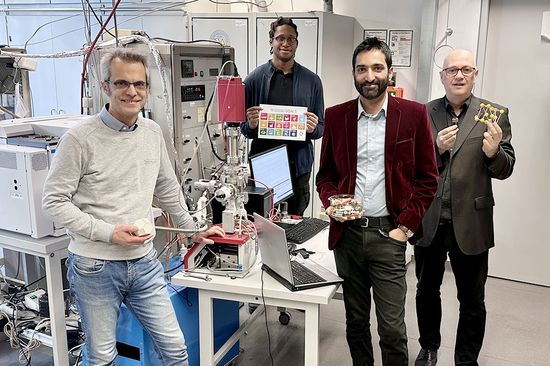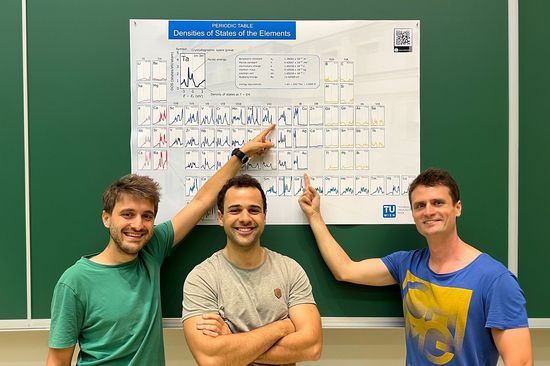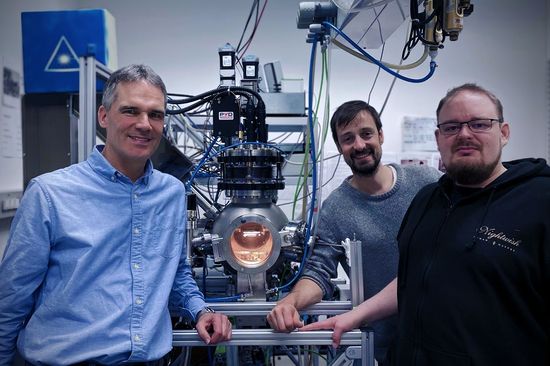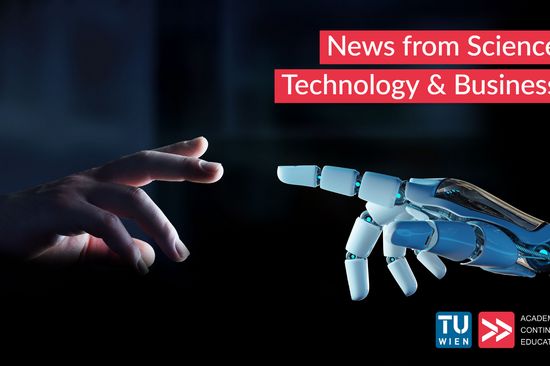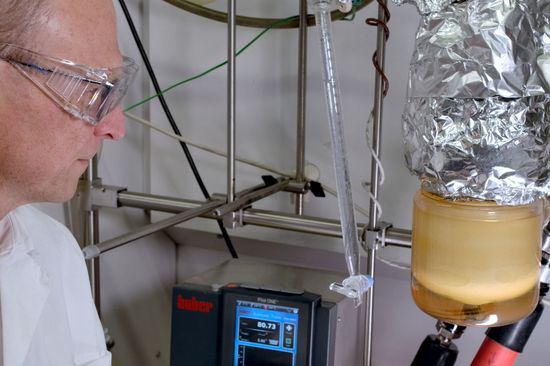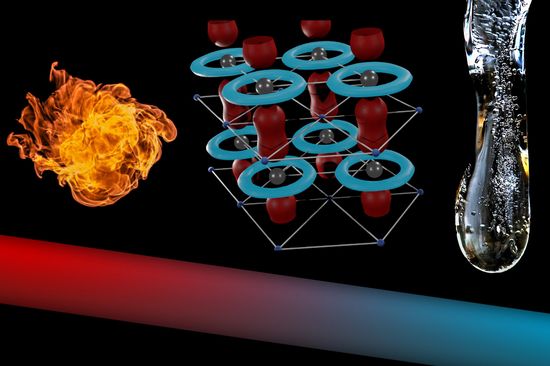
Climate neutral, renewable and conventional energy supply systems
The transition to a climate-neutral society is one of the great challenges of our time. The development of renewable energy sources is linked to sociological, technical and economic frameworks. The energy revolution does not mean an increase in energy production.
It is rather about increasing efficiency and implementing sustainable forms of energy. Effective storage technology is pivotal in the energy revolution. A structural shift away from major energy suppliers and long transport routes towards participatory, decentralised energy service providers and regional generation also appears to be needed.
To be able to address these global challenges, local creation of key areas and academic and research coordination is required. Therefore, as part of its research field Climate Neutral, Renewable and Conventional Energy Supply Systems, TU Wien has bundled the know-how of scientists from different disciplines with the aim of making a substantial contribution to the shift towards a low carbon society.
Renewable energy sources
In terms of energy generation, the TU Wien researchers are concentrating primarily on the optimised use of renewable energy sources. One of the focal points is the reuse of biomass, whether for conversion to biofuels, biogas and hydrogen, or direct combustion in power plants. In addition to process engineering and biochemical basic research for the necessary processes, the experts at TU Wien support existing and commissioned biomass systems with their scientific expertise. This close cooperation with industrial partners continues in the field of hydropower, where hydraulic and physical methods are used for operational optimisation of power plants and further development of mechanical systems such as turbines and generators. In regard to solar energy, as well as carrying out basic research, TU Wien also collaborates closely with a range of companies, who value the technical expertise of the TU Wien researchers, to increase the efficiency of photovoltaics and solar thermal power in particular. Other research groups are also working on making geothermal energy usable, on the technological aspects of wind turbines, as well as efficient incorporation of renewable energy sources in the energy system, taking into account aspects that span several energy sources.
Nuclear fusion research is particularly focused on the fundamentals, centred on plasma studies and material development for future reactors – such as the major international project ITER.
Optimisation of conventional technologies and development of innovative processes
As a complete transition to renewable energy sources will not happen overnight, researchers at TU Wien are searching for ways to improve conventional technologies. For example, they are developing innovative processes for CO2 separation in coal, oil and gas power stations, concepts for combined heat and power plants with a particularly high degree of efficiency, methods for highly efficient fluidised bed gasification, and approaches to optimised control of waste incineration plants are currently being developed. In the field of nuclear fission, TU Wien experts are focusing on safety aspects such as the development of technology to control the nuclear fuel cycle.
Distribution and storage
Alternative sources of energy are often decentral and their availability fluctuates depending on the weather or time of day, placing completely new requirements on the design of electric distribution grids. In future, only a smart grid which has the flexibility to react to these constant changes and intelligently integrate and coordinate the information from all loads and generators will be able to guarantee the necessary grid stability. To achieve this, researchers from the fields of electrical engineering, information technology and energy technology are working on numerous, in part interdisciplinary, projects.
Innovative new paths are also being forged in energy storage. Alongside continuous improvement of already established technologies such as batteries and fuel cells, the TU Wien research groups are also developing innovative approaches such as thermochemical systems, compressed air reservoirs or flywheels.
Energy industry and politics
To enable an energy revolution, new technologies need to prevail on the market. To do so, the relevant political frameworks and funding instruments are needed, especially during the initial transition phase. By creating potential and risk analyses, evaluation of political strategies and development of scenarios and recommendations, the researchers at the TU Wien are supporting decision-makers in politics and industry in implementing meaningful measures that will ensure sustainable development of the energy sector.
The transition to climate-neutral energy generation is one of the most urgent problems that humanity faces at the start of the 21st century. Experts at TU Wien meet this challenge with great technical expertise and huge academic enthusiasm and creativity, so that we can continue to satisfy humanity's energy needs, without having to accept the consequences of uncontrolled climate change.
Regenerative energy systems
- Hydro power
- Solar energy
- Geothermal energy
- Biomass
- Wind power
- Nuclear fusion
Power station optimisation
- Conventional energy generation
- Innovative processes
- Components and construction
Intelligent grids
- Grid integration of renewable energy sources
- Supply side, demand side and storage management
Storage systems
- Thermal storage (multi-phase systems, etc.)
- Chemical storage (fuel cells, etc.)
- Mechanical storage (magnetic bearings, etc.)
- Hydraulic storage (pump storage, etc.)
Energy industry and politics
- Potential and risk analyses
- Political strategies and framework conditions
- Environmental economics
Mainly research groups from the faculties of Electrical Engineering and Information Technology, Technical Chemistry, Mechanical and Industrial Engineering and Physics are working in this field of research. Research groups from 26 institutes are carrying out research on innovative technologies and concepts for climate-neutral, renewable and conventional energy supply systems.
Research activities are mainly in applied research, in connection with basic research activities. Approximately 5.2 million euros is invested in around 108 research projects per year. In general, there has been a significant rise in the academic output in recent years – in SCI publications in particular.
All data and information provided relates to the research period 2016-2018 (based on the period of the Performance Agreement).

